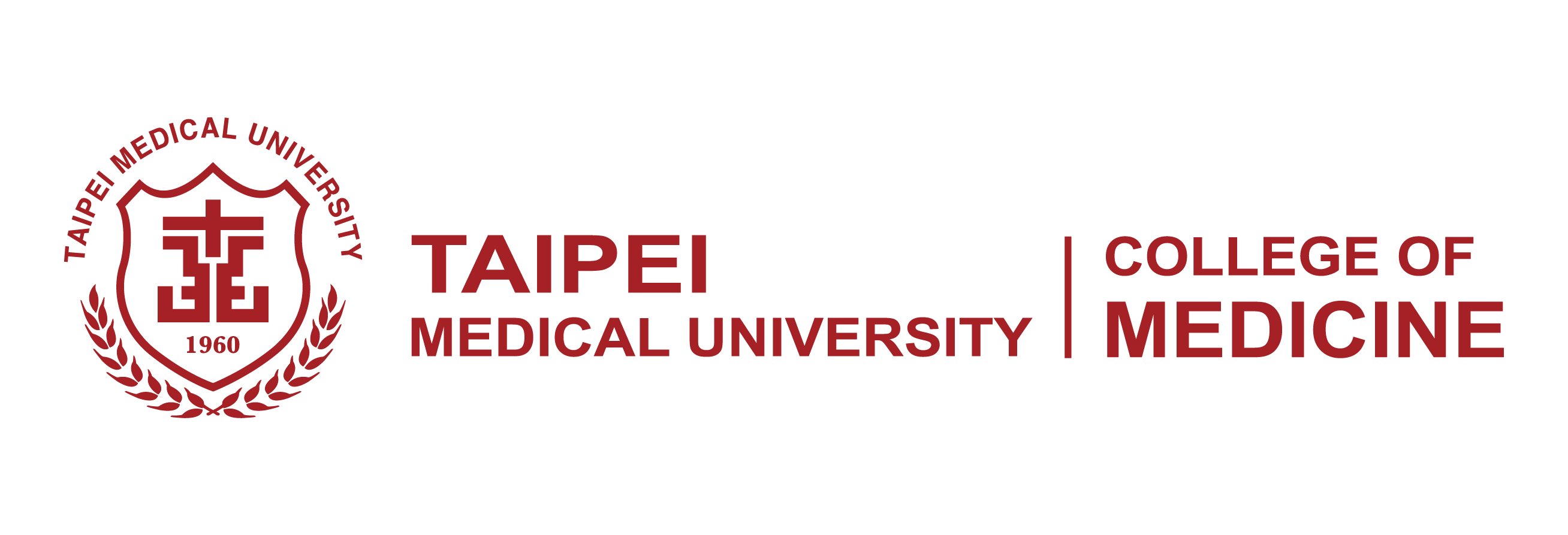Development Strategy:
1. Integration of research resources
2. Development of research characteristics
3. The pursuit of academic excellence
4. Enthusiasm in international perspective
Direction and focus of development:
1. Research-oriented teaching and learning
2. Disease-oriented basic research
I. Identification of the pathogeneses of cerebrovascular diseases and neurodegenerative diseases
II. Understanding of cancer pathogenesis and development of anticancer drugs
III. Deciphering the genetic regulation and intracellular signal transduction of infectious diseases.
IV. Studies of the pathogenesis of cardiovascular diseases and development of therapeutic agents or drugs
V. Disclosures of the pathogenesis of reproductive organs related diseases.
VI. Development of molecular diagnostic methods and probes
VII. Investigations on genomics and proteogenomics
Educational objectives:
- GIMS graduates possess the fundamental experimental skills and knowledge with capability to perform and achieve lab experiments in biomedical related studies
- GIMS graduates think logically and can read and understand scientific literatures
- GIMS graduates possess great communication skills and are superb in oral presentations







 Total Users : 301200
Total Users : 301200